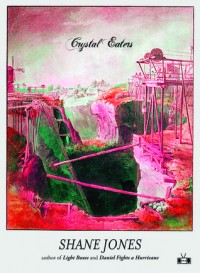 |
Crystal Eaters
by Shane Jones
Two Dollar Radio, 2014
172 pages / $16.00 buy from Two Dollar Radio or Amazon
Rating: 10.0
|
So my dad’s an alcoholic. (That’s really hard to admit. In fact, this is the first time I’ve typed it out, as I’m drafting.) He’s not a monster. He never beat me or did any physical harm to me. Just had outbursts and left me with daddy issues.
So the reason why I’m sharing this is because Shane Jones’s Crystal Eaters helped me come to terms with some of my childhood. If you haven’t heard the premise of the novel here’s the rub: people in this village have a crystal count. Crystals are depleted when people get hurt, age, etc. When you reach zero you’re dead. There’s a rumor that eating rare, black crystals will increase your life count, but it’s just a rumor. Black crystals do work like psychedelic drugs though. Basically, The Crystal Eaters is a novel of addiction. Everyone is addicted to something, whether it’s their self-image as a good parent, the idea of extending their life, or they’re addicted to imbibing the psychotropic black crystals, themselves.
So the son, Pants, of the main family in the novel feels guilty because his mom is dying and he can’t really do much about it because he’s in jail for tripping balls on black crystal in public. In prison, Pants realizes that he’s an addict because his parents beat him instead of not taking the time out to understand him. That means a fuckton to me because I’m an addict, too—only to porn and alcohol. What I’ve come to realize, and what Jones reinforces in his novel, is that my dad’s fucked-upness is not my fault. It’s just how his parents equipped him. “Her father had done the same to her, and so did Dad’s, and it worked, look at them, adjusted people. She didn’t necessarily believe what she thought, but her family history was stronger than her head.” As a result, the same becomes true for Pants. And even though he feels super guilty and blames himself for his mother and dad and little sister’s misfortunes, it’s not actually his fault.
“The universe is a system where children watch their parents die,” which I take to mean, the world just spins, the city grows, the sun gets hotter. Of course there’s the chance that we’ll become addicted, too: it’s a way for our bodies to heal—a coping mechanism. We just need to examine the source of our desires. Why do I need to write? Why do I need to live forever? Why do I need to drink until my brain shuts off? If we can get a grasp as to what our motivations are, maybe we can have an easier time through life. The best we can do is not to fixate on the counting down to zero—because we will all reach zero—and, if we’re lucky, touch a heart or two on the way. Read the novel. Maybe it will help you come to an important realization, too.

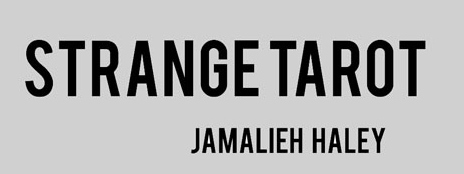
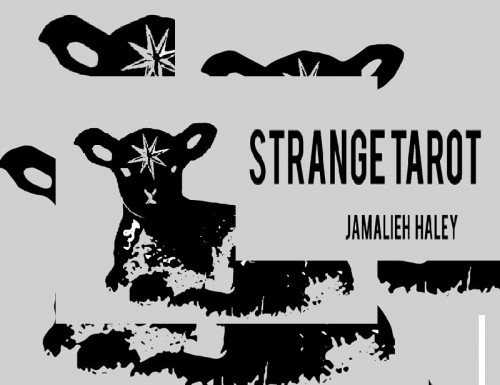
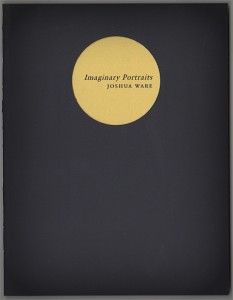 Imaginary Portraits
Imaginary Portraits
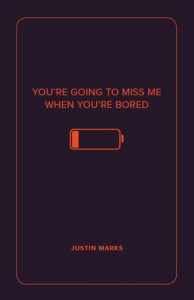 amount of sex (not) happening in the book. It’s about trying to be a grown up and how much that fucking sucks. It’s about choosing a life and then having to actually live it (auto correct tried to change “live” to “love”). It’s about making decisions and having to live with them, which also fucking sucks.
amount of sex (not) happening in the book. It’s about trying to be a grown up and how much that fucking sucks. It’s about choosing a life and then having to actually live it (auto correct tried to change “live” to “love”). It’s about making decisions and having to live with them, which also fucking sucks.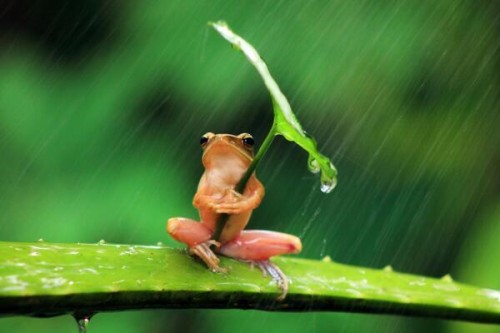
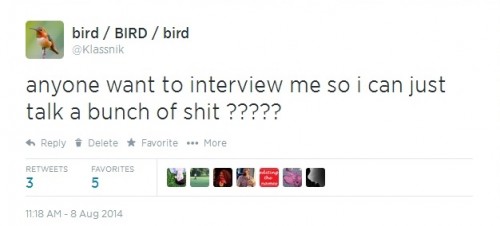
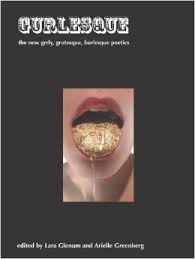

 On the way back from buying an overpriced kombucha drink because I was concerned about my daily green intake, I did two things:
On the way back from buying an overpriced kombucha drink because I was concerned about my daily green intake, I did two things: